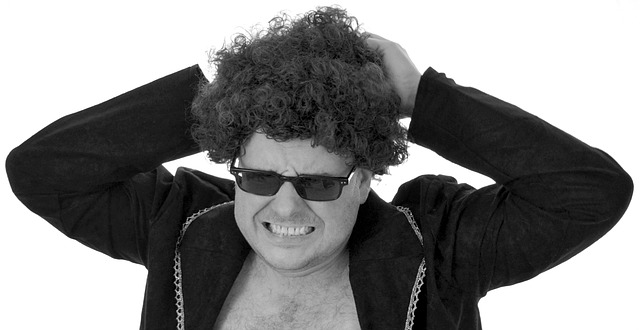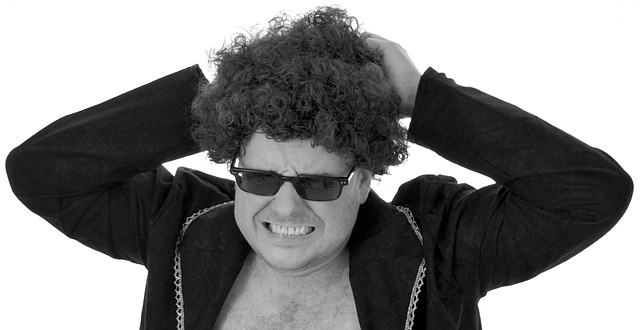Co-dependency, a hidden struggle for family and friends of addicts, involves unhealthy emotional attachments leading to enabling behaviors. Recognizing this condition is crucial as it traps individuals in dependency cycles. Co-dependency support groups offer safe havens for processing emotions and learning healthier relationships through tools like mindfulness plans. These groups, led by professionals, integrate trauma-informed care, CBT, and recovery coaching services to empower loved ones to create a supportive environment alongside their relatives' recovery. Personalized guidance, combining evidence-based medications and cognitive-behavioral therapy, fosters empowerment in the client's journey.
“In the intricate landscape of addiction recovery, co-dependency often emerges as a silent yet powerful force. Co-dependency support groups for loved ones of addicts play a pivotal role in navigating this challenging journey. This article explores the profound impact of co-dependency on those closest to addicts and introduces recovery coaching services—a game-changer in personalized guidance.
We delve into the roles of recovery coaches, who empower families with understanding and tools, offering hope and support tailored to their unique needs.”
- Understanding Co-Dependency and Its Impact on Loved Ones
- The Role of Recovery Coaching in Supporting Addict's Families
- Personalized Guidance: How Recovery Coaches Empower and Guide Through the Journey
Understanding Co-Dependency and Its Impact on Loved Ones

Co-dependency, often overshadowed but profound, is a complex condition that affects many loved ones of individuals struggling with addiction. It’s more than just being worried about a friend or family member; it involves an intense emotional and psychological connection to another’s behavior, often leading to enabling and codependent patterns. When someone close to you battles addiction, you may unconsciously adopt behaviors that perpetuate their struggle, creating a cycle of dependency.
Understanding co-dependency is crucial for those seeking support. Co-dependency support groups, tailored for loved ones of addicts, offer a safe space to process these emotions and learn healthy relationship dynamics. These groups, often facilitated by professionals trained in trauma-informed care, provide valuable tools and insights into early sobriety. By participating in such groups, individuals can develop personalized mindfulness plans, fostering self-care and setting boundaries while navigating their unique challenges. This approach ensures that the loved ones of addicts receive the necessary co-dependency support to heal alongside their afflicted relatives.
The Role of Recovery Coaching in Supporting Addict's Families

Recovery coaching plays a vital role in supporting not just the addict but also their families, addressing the often-overlooked aspect of co-dependency. Many loved ones of addicts struggle with their own emotional and psychological challenges throughout their relative’s recovery journey. Co-dependency support groups for these family members offer a safe space to process these complex feelings and experiences.
Trauma-informed care is at the heart of such coaching, recognizing that addiction often stems from underlying trauma or serves as a coping mechanism. Cognitive-behavioral therapy (CBT) techniques are utilized to reframing negative thoughts and behaviors associated with both addiction and co-dependency. Recovery support services providing ongoing guidance and encouragement throughout the recovery journey ensure that family members have resources and strategies to navigate their unique challenges, fostering a healthier, more supportive environment for everyone involved.
Personalized Guidance: How Recovery Coaches Empower and Guide Through the Journey

Personalized guidance is a cornerstone of recovery coaching services. These coaches offer more than just advice; they empower individuals navigating the complexities of addiction recovery by providing tailored support. Recovery coaches create individualized plans, considering each client’s unique needs, goals, and challenges. This personalized approach bridges the gap between traditional therapy and support groups like co-dependency support groups for loved ones of addicts, offering ongoing guidance and encouragement throughout the journey.
By integrating various therapeutic techniques, such as Evidence-Based Medications for Withdrawal Management and Cognitive-Behavioral Therapy to reframe negative thoughts and behaviors, recovery coaches equip clients with effective coping strategies. This holistic approach not only addresses the physical aspects of addiction but also delves into the psychological and social dimensions, fostering a deeper sense of empowerment and self-efficacy in clients’ recovery journeys.
Recovery coaching services play a vital role in supporting not just those struggling with addiction, but also their loved ones. By offering personalized guidance and empowering individuals throughout their recovery journey, these coaches help break down the barriers of co-dependency, enabling families to heal and fostering healthy relationships. Co-dependency support groups for loved ones of addicts can greatly benefit from this specialized approach, providing much-needed clarity and hope in navigating the complexities of addiction and its aftermath.






